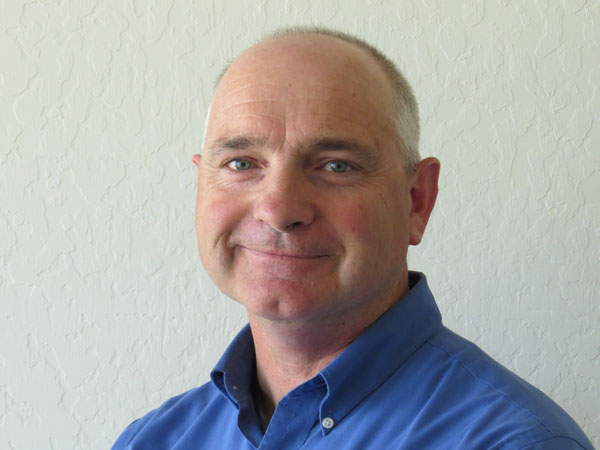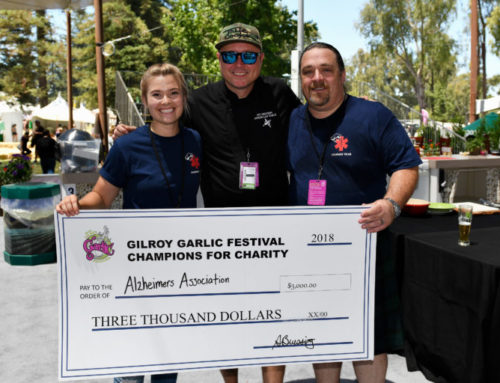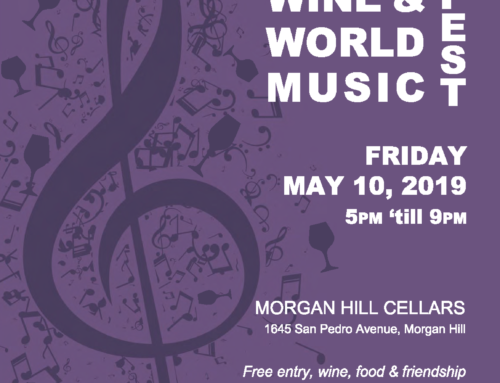Published in the November 27, 2013 issue of Morgan Hill Life
By Marty Cheek

Marty Cheek
Last week marked the significant anniversaries of two touchstone events in our nation’s history. Both moments involved beloved United States presidents. And both moments changed America.
On Nov. 19, Americans marked the day 150 years ago that President Abraham Lincoln gave the Gettysburg Address, a speech memorializing a national cemetery in Pennsylvania to lay the Civil War dead. On Nov. 22, we marked the day 50 years ago that President John F. Kennedy was assassinated while traveling in a motorcade in Dallas.
Lincoln’s remarks at Gettysburg lasted about two minutes and the word count of the most memorized speech in American history added up to a mere 272 words, about half the length of this column. But those few words resonate for us today as much as they did a century and a half ago for the men and women who gathered at Gettysburg. The president himself remarked in his speech that “the world would little note, nor longer remember what we do here.” He was wrong, of course, as the world earlier this month greatly noted and remembered his speech in commemorations throughout the country.
Why is the Gettysburg Address so important in our nation’s story and why should it be celebrated four score and 70 years after Lincoln first spoke his words to honor the soldiers who died in a “great battle field” of a horrible war? The answer is simple. Lincoln’s words reiterate the principles of human equality and freedom championed in the words of the American nation’s birth certificate, the Declaration of Independence.
Lincoln proclaimed in his cemetery speech that the American Civil War served as the struggle to preserve the union, providing the United States with “a new birth of freedom” where all citizens can enjoy true equality. The Gettysburg Address provides the nation with assurance that the birthing pains of the Civil War brought about an American renaissance of enhanced and expanded principles of human equality.
Rev. Martin Luther King, Jr., would echo the sentiment of Lincoln’s speech in his own famous “I Have A Dream” address in front of the Lincoln Memorial “five score years ago” Aug. 28, 1963.
Three months after King spoke, Kennedy and his wife sat in the backseat of an open convertible Lincoln limousine, smiling and waving at crowds lining the sidewalks of Dealey Plaza, when a sniper’s bullet penetrated the back of the president’s skull. The violent assassination in Dallas that day shocked the nation just as much as Lincoln’s murder had in 1865. It also changed America.
Somehow, when our nation lost the optimistic, youthful president with a boyish Irish grin, we also lost a bit of our American spirit of innocence. That moment in Dallas somehow opened the door to a darker and more daunting world for Americans, a world where we now knew nothing was ever certain, where the course of history could change direction on the fate of a bullet shot out of a book depository window by a hiding assassin.
In the years following, the Vietnam War would surge up, the Civil Rights struggle would take on new energy, and the Watergate scandal would tarnish the United States presidency. But just like out of the death of thousands killed at Gettysburg, America was born anew with Lincoln’s speech, Kennedy’s assassination forced us to grow up a bit more as a nation and face the reality that our American story is not preordained.
Out of the violence of history can come wisdom and maturity.






